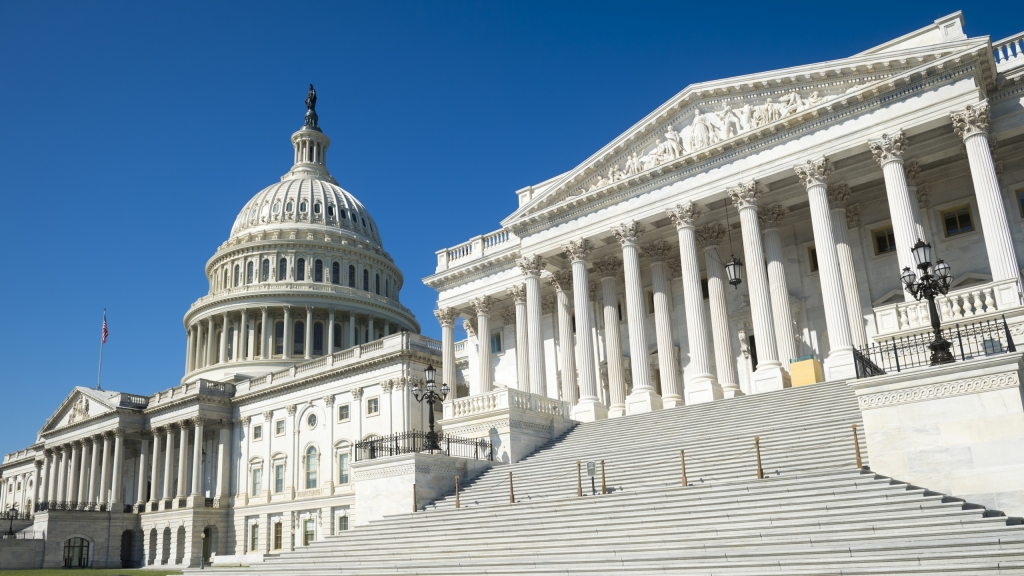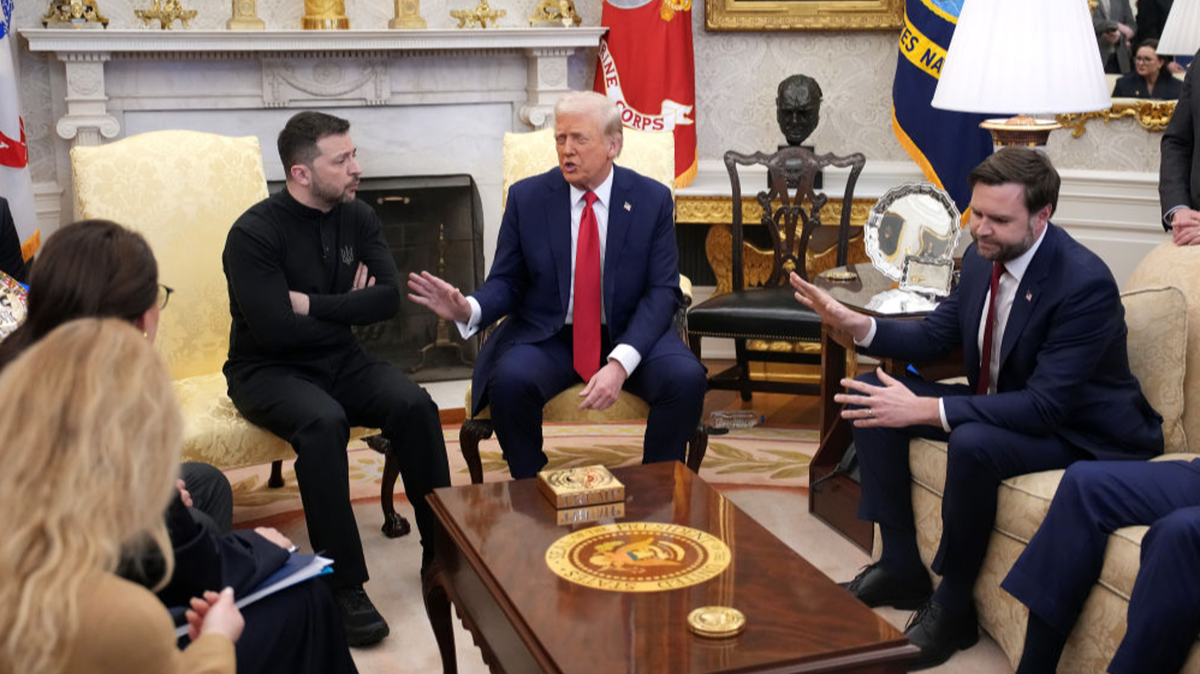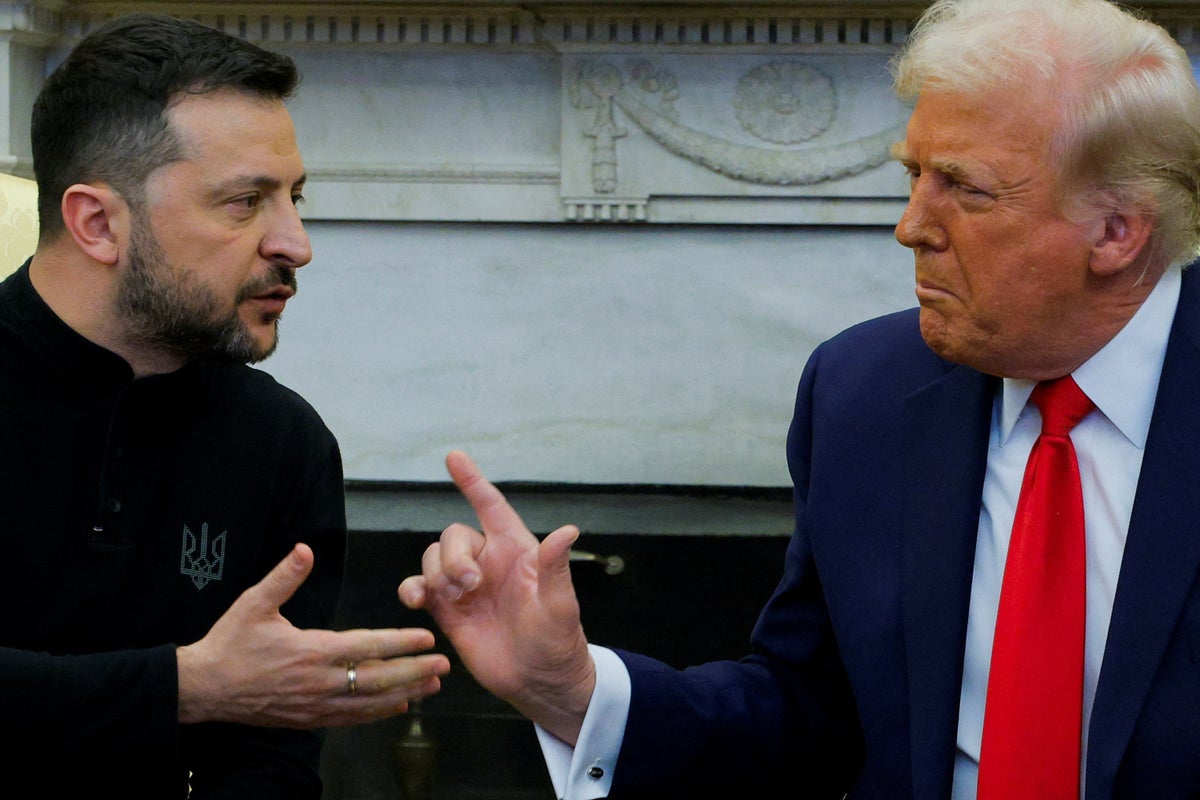U.S. House bill does not allow Poarch Creeks to expand gambling in Alabama

No, the Poarch Band of Creek Indians will not be allowed to expand their gambling operation in Alabama (or anywhere else) if a proposed U.S. House bill becomes law.
That’s a big talking point, for some reason, among the anti-gambling folks and the just generally anti-Native American folks. To hear them tell it, if the bill sponsored by Reps. Jerry Carl, Terri Sewell, Mike Rogers and Barry Moore, among others, should pass, it would allow PCI to snap up land left and right, place that land in trust and start dotting Alabama’s landscape with casinos.
It’s a claim that ignores the plain language of federal laws governing Native American gaming, decades of history and common sense.
But whether purposefully or because they genuinely don’t understand the laws – which are admittedly complex – quite a few people have regurgitated this erroneous explanation of HR6180, which reaffirms the Indian Reorganization Act’s applicability to the Poarch Band of Creek Indians. And in doing so, they’ve unfairly made it seem as if PCI has sinister, secret motives.
The reality is the bill does exactly what it says, and nothing more. It codifies into law that PCI is a federally recognized tribe under the IRA, ensuring the tribe continues to have the same rights as other federally recognized tribes.
“The sole purpose of my bill … is to update the Indian Reorganization Act to ensure Poarch Creek’s land taken into trust is treated the same under federal law as are sovereign lands of most other federally recognized Indian tribes,” Carl said in a statement. “Poarch Creek has invested into dozens of businesses all over Alabama and the world, including real estate, agriculture, education, health care, entertainment, and so much more. This continued investment has created thousands of jobs and revitalized so many communities and families.
“I introduced my bill to ensure the Poarch Creek have a fair playing field so they can continue to do this work and further grow their impact. My bill has absolutely nothing to do with gaming, does not change a single law regarding gaming in Alabama, and does not change the federal oversight process for Indian Gaming.”
By now, you are undoubtedly wondering why, then, if the bill does basically nothing but establish things are the way they currently are, what’s the point?
One word: Carcieri.
In 2009, the U.S. Supreme Court, in the case Carcieri v. Salazar, ruled that the Bureau of Indian Affairs could no longer take lands into trust for tribes that were not federally recognized at the time of the Indian Reorganization Act, in 1934. It was a strange and unexpected ruling that threw 70 years of government actions into question.
Suddenly, tribes that had enjoyed federal protection for decades – and that could document their history and the gross injustices perpetrated upon them – were facing lawsuits from all corners over trust lands. The Poarch Creeks were not spared.
The state of Alabama sued. Counties sued. Private citizens sued. Businesses sued.
It was a mess, and several tribes turned to their representatives in Congress for help. Recognizing the insanity that was about to be unleashed and the need for corrective action, several congressmen sponsored legislation to help reaffirm some tribes’ standing and their rights under the IRA. Congress as a whole made it clear that it was supportive of such fixes.
That’s why Sewell said she supports the current legislation on behalf of the Poarch Creeks.
“We have an obligation to ensure that our Native communities are fairly and adequately protected under federal law,” Sewell said. “This legislation is about providing clarity and certainty to the Poarch Band of Creek Indians. It is about ensuring that their land taken into trust receives the same protections afforded to most other federally recognized Indian tribes.”
The pathway to this fix for PCI has been a tad bumpy, due primarily to Alabama’s long, weird fight over legalized gambling and the tribe’s right to operate bingo casinos. No matter where you fall on that argument, it’s undeniable that the controversial nature of our ridiculous gambling laws made passing a Carcieri fix beneficial to the Poarch Creeks a very hot button issue.
Even though, as you will see, it had absolutely no real bearing on gambling in this state.
The law is clear
Following the Carcieri decision, a number of people around the state, sensing an opportunity to attack PCI, used Carcieri to spread false information about the Tribe’s federal status. In lawsuit after lawsuit, a variety of people and entity made all sorts of bogus claims about the Tribe, mostly in vague and misguided attempts to garner a quick payday at PCI’s expense.
The reality was this: While Carcieri did call into question the federal recognition of some tribes, the court also established a cutoff of six years. That means that a government entity (or anyone else) looking to challenge a tribe’s federal status would have to make that challenge within six years of any action related to that federal status.
In layman’s terms, that means that to challenge PCI’s status and its original tribal lands in trust, the challenge would have needed to be made prior to 1990. And the placing of any additional lands into trust would also need to be challenged within six years.
That’s why all of those lawsuits, including a couple that were taken to a federal appeals court, were ultimately tossed out, with the judges time and again reaffirming that PCI’s federally recognized status and noting that the challenges routinely fell outside of the six-year statute of limitations.
So, Carcieri did nothing to actually affect PCI’s lands held in trust, or their gambling operations. But it did create potential obstacles for the Tribe in taking in new lands. Which is why the legislative fix sponsored by Carl and others is important.
PCI, like other tribes, wants to take lands into trust for a variety of purposes. Several years ago, for example, the Tribe sought to place some 5,000 acres in Escambia County into trust, with plans to use a portion of the area as a wildlife preserve. It has nothing to do with gambling.
“It is important to set the record straight once and for all,” said Stephanie A. Bryan, PCI’s Tribal Chair. “This bill has absolutely nothing to do with gaming and certainly nothing to do with expanding gaming. We need to be able to take care of the needs of our people and that includes being able to use our land to build non-gaming, essential structures like a nursing home for our elders and housing for our Poarch families.
“I think most people understand how frustrating it would be if every time you tried to build something on land you own, somebody files a meritless claim in court. That’s what we are trying to clear up, and we really appreciate that members of our Alabama Congressional delegation understand the complex system of laws and regulations that apply to Indian lands and have given us their help and support as we work to address the inequity in the law.”
Governor has the authority
The process for establishing gaming casinos on Native American lands in trust is not an easy one, and it’s filled with caveats and rules that are rarely discussed off reservations. For example, in addition to other rules, the federal government requires that the revenue received from any gaming operations on those trust lands be used for essential governmental services, such as healthcare, law enforcement, or police and fire protection to citizens who reside on or near those trust lands.
But even before the gaming can begin, there’s another lengthy and arduous process tribes must go through to receive approval from the Bureau of Indian Affairs. A number of established benchmarks have to be met, and even then, a tribe isn’t guaranteed approval.
A major part of that approval process is gauging the feelings of local and state officials, and citizens, on the potential expansion of gambling. If local officials oppose it, it’s almost impossible for a tribe to receive approval for gambling expansion.
But here’s the big thing: That’s for expansion on lands contiguous to existing trust lands.
For lands not contiguous, there is a whole other process, which is much more strenuous and complicated. And at the end of that process, the ultimate decisionmaker is not the federal government.
It’s the governor.
“Even if the Department concludes that the gaming establishment is in the best interest of the applicant tribe and not detrimental to the surrounding community, the Governor of the state retains the ultimate authority to veto any gaming on the parcel,” said Kevin Washburn, former assistant secretary for Indian Affairs, during testimony to a House subcommittee.
So, no, PCI couldn’t buy land in, say, Baldwin County, take it into trust and then plop a casino on it without state approval and consent. The law says state and local lawmakers must be involved and on board at every step, and that the governor has the ultimate authority at the end of it all. The end.
Related
Sports Betting Giant Flutter Forecasts Strong U.S. Growth To Drive…
Flutter CEO Peter Jackson.Courtesy of Flutter Entertainment Flutter Entertainment, the world’s largest online gambling company, said that it’s expecting str
BetBlocker Enters US Responsible Gambling Market
The charity, originally from the UK, launched a US unit, BetBlocker US, as part of its North American entry. The organiz
Viewers react to ’embarrassing’ JD Vance comment toward Zelenskyy as…
Social media users watching clips of the heated meeting between President Donald Trump, Vice President JD Vance and President Volodymyr Zelenskyy have called a
Ukraine latest: Zelensky urges Trump to stand ‘more firmly on…
We have Zelensky's statement in full Below, we have Ukrainian president Volodymyr Zelensky’s statement in full after touching down in the UK following a fiery













